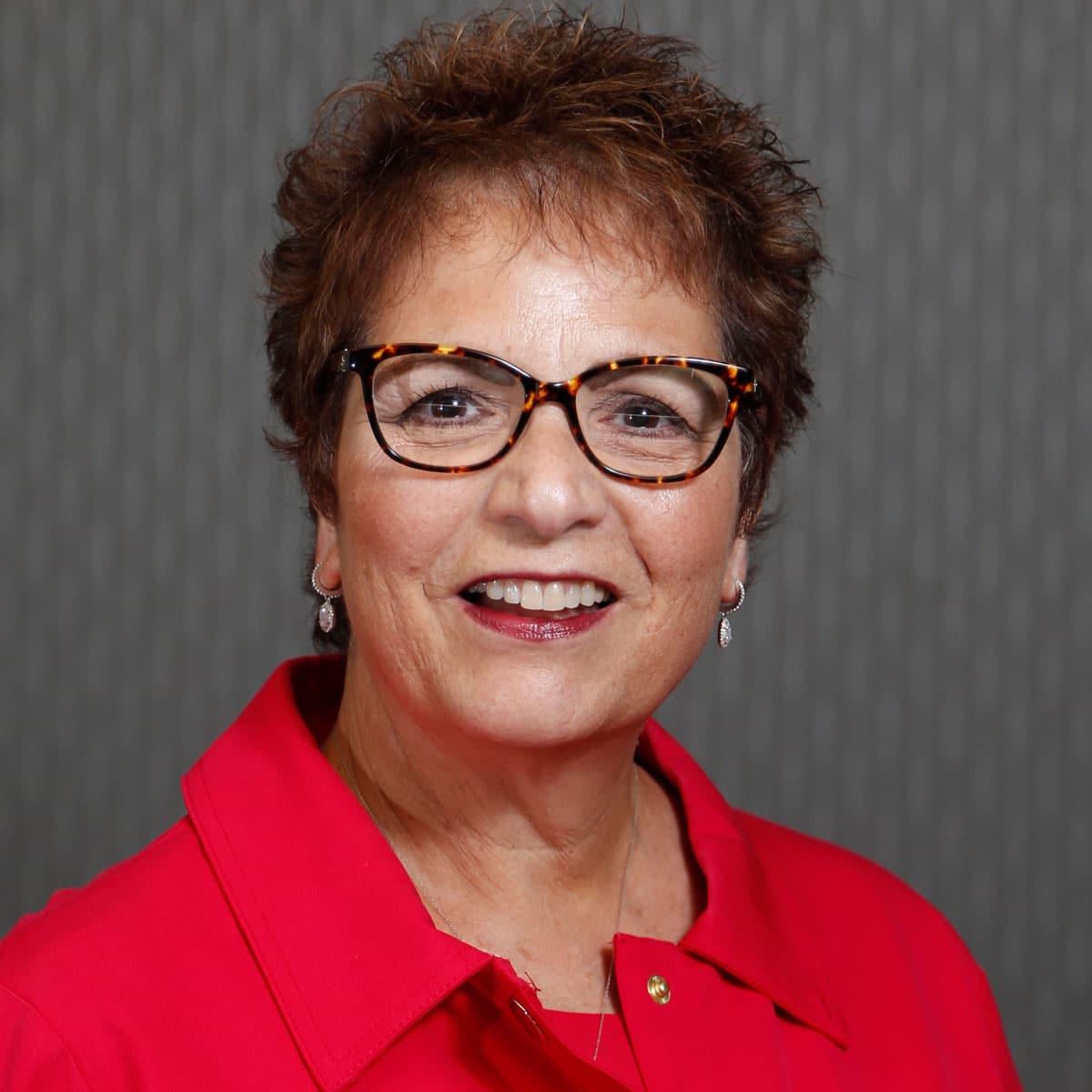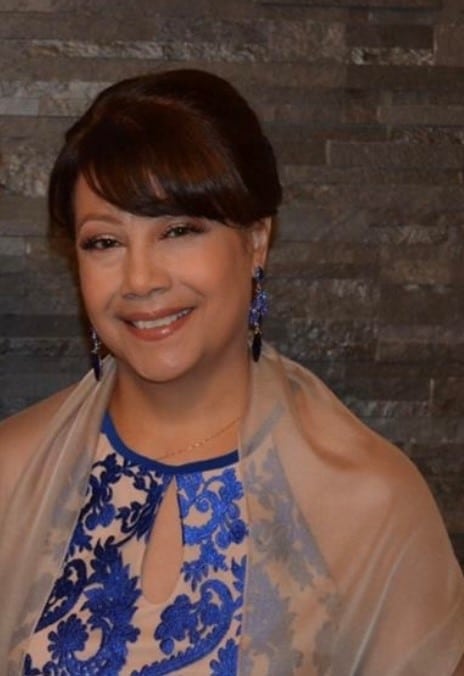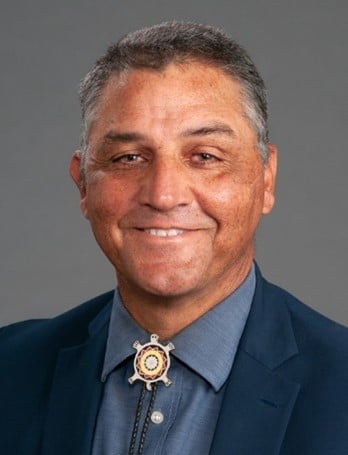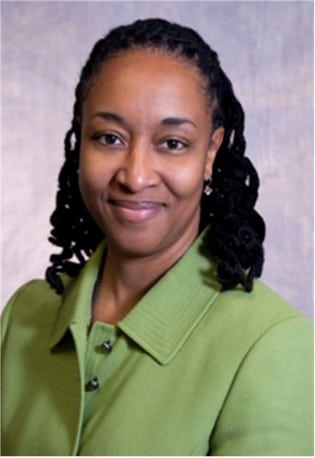Addressing Advocacy at the Bench at the Science of Cancer Health Disparities 2022
September 18, 2022
8 – 9 a.m.
Philadelphia Marriott Downtown | Salon CDE
Philadelphia, Pennsylvania
A discussion about Cultural Literacy: Addressing Cultural Competence
This session addressed the topic of cultural health beliefs and the role it plays in a patient’s quality of care. Cultural beliefs can affect how a patient thinks, feels about clinical research, their health and health problems, when and from whom they seek health care, and how they respond to recommendations for lifestyle change, health care interventions, and treatment plans. The highlighted programs and interventions will focus on improving communication, increasing cultural competence, and shaping policies.
Panelist Bios
Electra D. Paskett, PhD – The Ohio State University
Cervical Cancer Screening in Appalachia: Working with Communities to Build Capacity.

Electra D. Paskett, PhD, became the Marion N. Rowley professor of cancer research at The Ohio State University in 2002. She is the director of the Division of Cancer Prevention and Control in the College of Medicine, a professor in the Division of Epidemiology, College of Public Health, and the associate director for population sciences and community outreach and co-program leader of the Cancer Control Program in the Comprehensive Cancer Center of the Ohio State University (OSU). She is also founding director of the Center for Cancer Health Equity at the James Cancer Hospital. She received her doctorate in epidemiology from the University of Washington. Paskett’s almost 400 peer-reviewed publications showcase her work in intervention research directed at cancer prevention, early detection, and survivorship issues. Her studies use multi-level interventions in transdisciplinary teams with community-based participatory research to identify and intervene on factors causing disparities among underserved populations such as social and ethnic minority groups and rural/underserved populations. Paskett successfully competed for an NCI-funded P50, Center for Population Health and Health Disparities, to examine why rates of cervical cancer are high in Appalachia Ohio and is the multiple principal investigator (MPI) of a large cervical cancer prevention program project in Appalachian regions of four states. She has numerous awards including the American Society of Preventive Oncology Distinguished Achievement Award, Alliance for Clinical Trials in Oncology Jimmie Holland Award, American Association for Cancer Research (AACR) Distinguished Lecture Award on the Science of Cancer Health Disparities, the ASCO-ACS Cancer Prevention Award, and AACR Team Science Award for her long-standing role in the Women’s Health Initiative. In 2016, she was appointed by President Obama as a member of the National Cancer Institute’s National Cancer Advisory Board, and in 2022 she was re-appointed by Governor Mike DeWine as a member of the Ohio Commission on Minority Health.
Ivis Febus-Sampayo – Patient Advocate, Disrupt Committee: The Light Collective
A Latina Patient Advocate at Work: Using personal experience and culture to make changes.

Ivis Febus-Sampayo is a two-time breast cancer survivor who was diagnosed at the young age of 38 while raising two small boys. Most recently she retired as the chief officer of diversity and Inclusion at SHARE Cancer Support. She joined the organization in May 1996, as the first LatinaSHARE director where she used her knowledge of the NYC Latino community to develop programs that would enrich the Spanish community. Febus-Sampayo’s strong background in grassroots leadership helped her to develop the LatinaSHARE program into one of the first Latino programs to provide various breast and ovarian cancer services in Spanish. Through her management and advocacy skills the LatinaSHARE program saw growth of services and specific programs for the Latino communities, including the Novela project which provides awareness and education about breast cancer as well as the breaking of myths about this disease within this community. In 2011 she became the senior director of programs, where she initiated and developed various programs in both English and Spanish. Under her leadership SHARE has increased its services and outreach to various communities including the African American communities, the Latino communities, and the Japanese communities. Febus-Sampayo also led in the effort to cover uterine/endometrial cancer support services in 2020. In her last role at SHARE Febus-Sampayo worked at the continued efforts of helping underserved communities with support, education, awareness, resources, and advocacy opportunities. Febus-Sampayo represented SHARE as a board member of the National Breast Cancer Coalition, continues to be a member of the Patient Advocate, Breast, and Health Disparities Committees at the Alliance on Clinical Trials in Oncology. She also continues to be involved in various local and national committees. She has won local and national recognition as well as various awards through her work at SHARE. Today she continues her work as a patient advocate focusing on health disparities.
Ronny Antonio Bell, PhD, MEd – Wake Forest University School of Medicine
Understanding and Addressing Cancer Disparities Among American Indians

Ronny Bell, PhD, MS, is professor of social sciences and health policy in the Division of Public Health Sciences at the Wake Forest School of Medicine. Bell is also associate director of community outreach and engagement and director of the Office of Cancer Health Equity at the Wake Forest Baptist Comprehensive Cancer Center. Bell received his undergraduate degree in public health nutrition from the University of North Carolina at Chapel Hill School of Public Health (1985) and his master’s (1988) and doctorate (1993) in foods and nutrition from the University of North Carolina at Greensboro. Dr. Bell completed a post-doctoral fellowship in gerontology and completed a master’s in epidemiology (1996) from the Wake Forest School of Medicine.
Bell is a native of Pembroke, North Carolina, and is an enrolled member of the Lumbee tribe of eastern North Carolina, and currently serves as chair of the North Carolina American Indian Health Board. He is a member of the North Carolina Advisory Committee on Cancer Coordination and Control and co-chairs the NC ACCCC Prevention Subcommittee. In 2019, he was appointed as scientific co-editor for the North Carolina Medical Journal. He previously served as chair of the North Carolina Diabetes Advisory Council and co-chair of the Healthy North Carolina 2030 Task Force.
Gabriel Glissmeyer – National LGBT Cancer Network
Cancer Leaders Like Us: Increasing LGBTQ+ and BIPOC Representation in Cancer Researchers
Gabriel Glissmeyer, MPH(c), is a project specialist at the National LGBT Cancer Network and is based in Salt Lake City, Utah. His work focuses on LGBTQ+ tobacco initiatives and helping build and organize coalitions. For more than 10 years, Glissmeyer has worked in tobacco work and LGBTQ+ health. He received his bachelor’s degree in exercise science from Augsburg University and is currently completing his masters of public health at Utah State University. Glissmeyer is passionate about LGBTQ+ health, reducing health disparities, and increasing scientific literacy.
Camille Ragin, PhD – Fox Chase Cancer Center

Dr. Camille Ragin is associate director of diversity, equity, and inclusion and professor in the Cancer Prevention and Control Program at Fox Chase Cancer Center, Temple Health System. Her research focuses on cancer epidemiology and prevention primarily in Black populations. She earned a PhD in infectious diseases and microbiology from the University of Pittsburgh, Graduate School of Public Health and completed her postdoctoral training and MPH degree in epidemiology as part of the NIH/NCI-funded Cancer Education and Career Development Program at the University of Pittsburgh Cancer Institute. Ragin is a Caribbean immigrant and has resided in the US for more than 35 years. Her native country of birth is Jamaica. Her research focuses on the molecular epidemiology of cancer in the African Diaspora. In 2006, she established the African-Caribbean Cancer Consortium, a research group designed to promote collaboration between cancer researchers who focus their work on the African diaspora. She is PI of the Cancer Prevention Project of Philadelphia (CAP3) a multicultural community-based cohort consisting of US- and foreign-born persons of African descent. She is also co-PI of an international cohort in Jamaica – The LIFE Project – which focuses on cancer and CVD risk. In the US, Ragin is a member of the Jamaica Diaspora North East Health Sector where she serves as the diaspora health liaison for Pennsylvania.
Recognizing the public health significance of cancer in populations of African origin, and socio-cultural factors that influence disparities in health outcomes, she has fostered collaborative research by leading numerous multi-national pooling data initiatives to examine genetic, molecular, and environmental contribution in carcinogenesis among populations of African origin. She is the recipient of an American Cancer Society Research Scholar Award and a number of NIH and Foundation grants. She is also the recipient of the 2016 Cancer Control Award from the American Cancer Society, Greater Philadelphia Area. In partnership with researchers at The University of the West Indies, Mona, Jamaica, she was co-PI of a strategic planning grant from the National Cancer Institute to establish a Caribbean Regional Center for Research Excellence (CRCRE), focused on cancer research in the Caribbean. The CRCRE in Jamaica focuses research of cancer and cardiometabolic disease.
